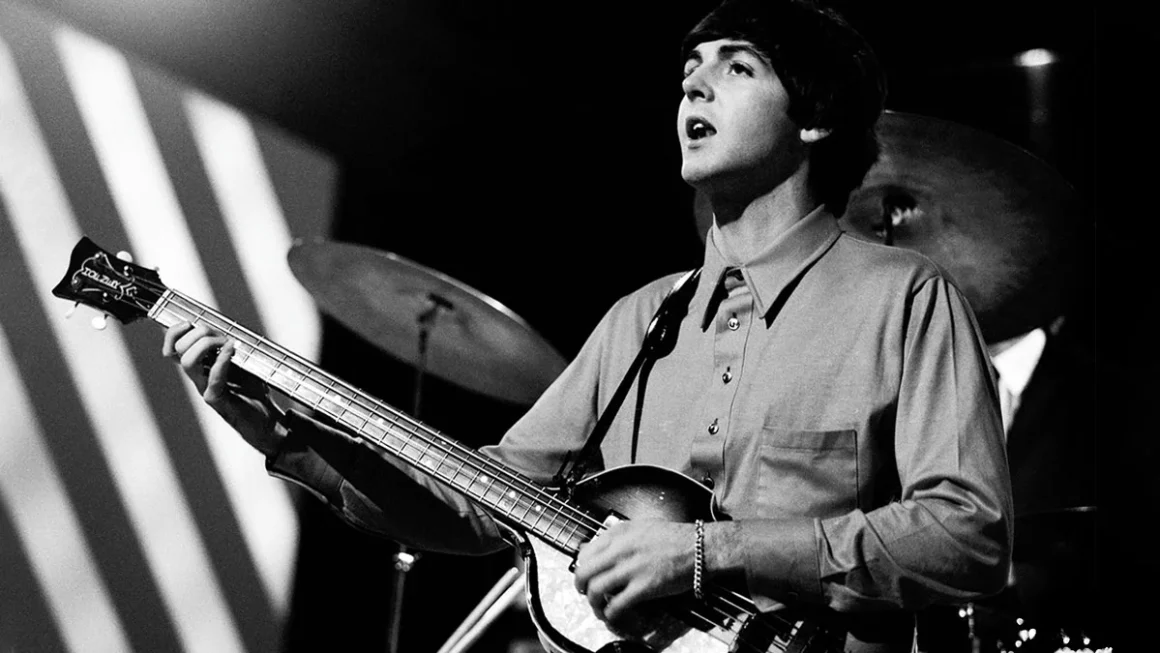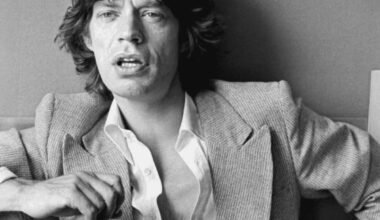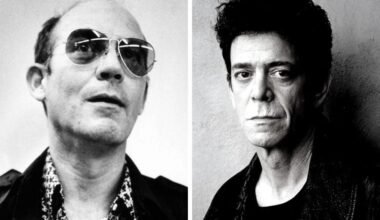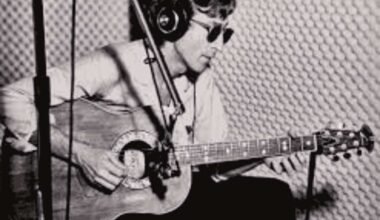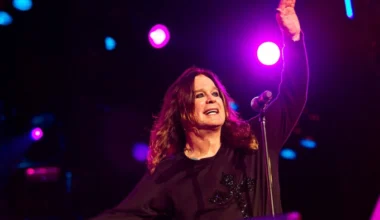The early 1970s marked a tumultuous period in music history. The vibrant hippie movement had decayed into a drug-fueled shadow of its former self, stripped of its cultural purpose.
Many luminaries who once shone brightly succumbed to misadventure, while others who survived the perils of fame either disbanded or clung to irrelevance. Amidst this chaos, Paul McCartney emerged as a resilient figure.
From their early days as energetic Liverpudlians in Hamburg to their groundbreaking experimentation in the late 1960s.
The Beatles embodied a spirit of adaptability, and McCartney epitomized this resilience.
While his bandmates grappled with the darker side of rock stardom, McCartney found solace in family life with his wife, Linda, and their young children after The Beatles disbanded.
Though he indulged in marijuana and faced legal issues in Japan for possession, he managed to stay grounded.
While his former bandmates faced personal demons and the excesses of the rock lifestyle, McCartney continued to create.
He released albums like Ram and formed Wings, which became one of the decade’s most successful bands.
In stark contrast, Jim Morrison, the charismatic frontman of The Doors, fell victim to the dangers of hard living. A symbol of California rebellion, Morrison’s downward spiral culminated in his tragic death at the age of 27 in Paris in 1971.
His passing shocked fans and the music community, despite keyboardist Ray Manzarek’s later reflections that Morrison had gone to Paris with a sense of finality.
Without Morrison’s magnetic presence, The Doors struggled to find their footing. Although they recorded two more albums after his death, the band’s dynamic changed, ultimately leading to their breakup in 1973.
In hindsight, the surviving members contemplated revitalizing their lineup by introducing new talent.
Manzarek revealed in a 2014 interview with Classic Rock that they nearly recruited Paul McCartney—not as a frontman but as a bassist—alongside Sheffield singer Joe Cocker.
Manzarek mused, “Yes. Paul was going to play bass. That would have worked out great. Who knows what direction we would have gone off into had that actually happened?”
The potential addition of McCartney would have generated significant media buzz following The Beatles’ split, especially considering his prolific creativity in the early ’70s.
Since Manzarek had primarily handled bass duties on keyboards, this shift could have transformed The Doors’ sound in unprecedented ways.
Cocker’s powerful voice and dynamic stage presence would have made him an ideal successor to Morrison.
Though these plans never materialized, the prospect of such a collaboration highlights the intriguing “what-ifs” in rock history, suggesting an era of innovation that could have emerged from a union of legends.

